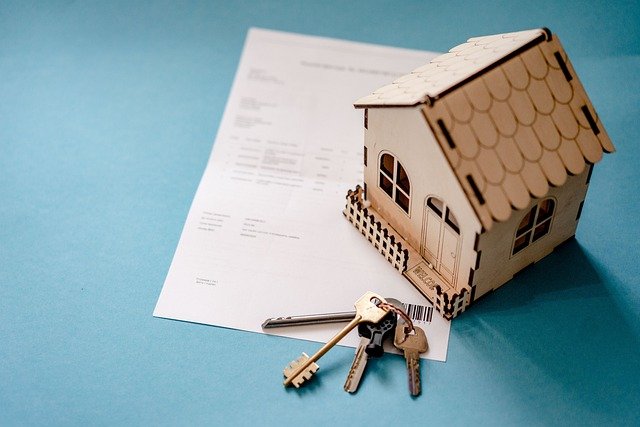Rent to Own Homes: A Comprehensive Guide to Alternative Homeownership
Rent to own homes, also known as lease-to-own or lease-purchase agreements, offer a unique path to homeownership for individuals who may not qualify for traditional mortgages. This alternative arrangement allows potential buyers to rent a property with the option to purchase it at a later date. As the real estate landscape continues to evolve, rent to own programs have gained popularity among both buyers and sellers, providing a flexible solution in today's competitive housing market.

The structure of rent to own agreements can vary, but they generally include:
-
Option fee: A non-refundable upfront payment that secures the tenant’s right to purchase the property later.
-
Rent premium: An additional amount added to the regular rent that goes towards the future down payment.
-
Purchase price: The agreed-upon price at which the tenant can buy the home at the end of the lease term.
-
Maintenance responsibilities: Clear terms outlining who is responsible for property upkeep during the lease period.
What are the benefits of rent to own homes for buyers?
Rent to own arrangements offer several advantages for potential homebuyers:
-
Time to improve credit: The lease period allows buyers to work on improving their credit scores, potentially qualifying for better mortgage terms in the future.
-
Test drive the home: Living in the property before committing to purchase gives buyers a chance to ensure it meets their long-term needs.
-
Lock in purchase price: In a rising market, securing a future purchase price can protect buyers from further appreciation.
-
Gradual savings: The rent premium helps buyers accumulate funds towards their down payment over time.
-
Flexibility: If circumstances change, buyers typically have the option to walk away without the obligation to purchase.
What should sellers consider when offering a rent to own option?
For property owners, offering a rent to own option can be an attractive strategy, especially in slower markets. Key considerations include:
-
Higher potential returns: Sellers may be able to charge higher rent and secure a favorable sale price.
-
Motivated tenants: Rent to own tenants are often more invested in maintaining the property.
-
Expanded buyer pool: This option can attract buyers who might not qualify for traditional financing.
-
Faster occupancy: In some cases, rent to own agreements can be set up more quickly than traditional sales.
-
Tax implications: Sellers should consult with tax professionals to understand the impact on their financial situation.
What are the potential drawbacks of rent to own agreements?
While rent to own homes offer benefits, there are also potential risks and challenges:
-
Non-refundable fees: If the tenant decides not to purchase, they may lose the option fee and rent premiums paid.
-
Market fluctuations: If property values decline, buyers may be locked into a higher purchase price.
-
Strict terms: Missing rent payments or violating lease terms could result in losing the option to buy.
-
Seller financial issues: If the seller faces foreclosure or other financial problems, the tenant’s rights may be at risk.
-
Maintenance disputes: Unclear responsibilities for repairs and upkeep can lead to conflicts.
How do you find legitimate rent to own home opportunities?
Finding reputable rent to own opportunities requires diligence and research. Consider these steps:
-
Work with a real estate agent experienced in rent to own transactions.
-
Search online listings specifically for rent to own or lease-option properties.
-
Contact local property management companies that may offer rent to own programs.
-
Attend real estate investment meetings or forums to network with potential sellers.
-
Consult with a real estate attorney to review any agreements before signing.
What should be included in a rent to own contract?
A comprehensive rent to own contract should clearly outline all terms of the agreement, including:
-
Purchase price and how it’s determined
-
Length of the lease term
-
Amount of monthly rent and how much is credited towards the purchase
-
Option fee amount and terms
-
Responsibility for property taxes, insurance, and maintenance
-
Conditions under which the option can be voided
-
Process for exercising the option to purchase
-
Any special conditions or contingencies
Rent to own homes offer a unique pathway to homeownership, bridging the gap between renting and buying for many aspiring homeowners. While this arrangement can provide flexibility and opportunities for both buyers and sellers, it’s crucial to approach such agreements with careful consideration and professional guidance. By understanding the intricacies of rent to own programs and conducting thorough due diligence, individuals can make informed decisions about whether this alternative route to homeownership aligns with their long-term real estate goals and financial situation.






